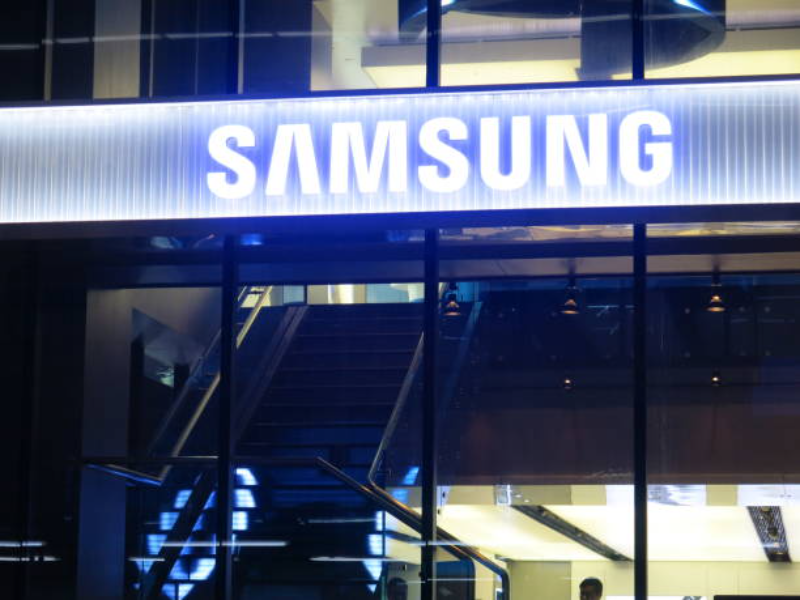- 6,540 workers began a three-day strike on Monday, demanding better pay, more leave, and bonus changes, signalling declining morale at a critical time for the chip industry.
- The strike includes workers monitoring automated lines, potentially affecting operations. Further strikes are possible if demands are unmet.
OUR TAKE
Samsung workers’ strike for better pay, benefits, and bonus equality highlights declining morale amidst the tech giant’s AI-driven chip boom. This significant labor action reflects broader demands for fair corporate practices, challenging Samsung to balance technological advancement with equitable treatment of its workforce.
–Jasmine Zhang, BTW reporter
What happened
Samsung Electronics workers began a three-day strike on Monday, demanding better pay, an additional day of annual leave, and changes to the employee bonus system.
The National Samsung Electronics Union (NSEU), representing almost a quarter of the firm’s South Korean workforce, coordinated the strike. The union stated that 6,540 workers, mostly at manufacturing sites and in product development, will be striking this week, potentially affecting operations as some monitor automated production lines.
Although low participation and automation mean the strike is unlikely to significantly impact output, it signals declining staff morale at a crucial time for the chip industry. The union’s demands also include equality in the bonus system, as current calculations favour executives over rank-and-file workers. Union officials warned of further strikes if demands are not met.
Despite these issues, Samsung’s share price has recently risen due to rebounding chip prices driven by the AI boom, and the company estimated a substantial rise in second-quarter operating profit.
Also read: Samsung’s profit soars 1,500% amid AI-driven chip demand
Also read: Samsung Union stages first-ever strike over pay dispute
Why it’s important
In the realm of tech giants, Samsung’s workers’ strike is more than just a demand for better pay and benefits—it’s a reflection of evolving power dynamics in corporate South Korea. The National Samsung Electronics Union’s mobilisation of 6,540 workers underscores a pivotal moment where labor rights intersect with the high-stakes world of semiconductor dominance.
As Samsung navigates the complexities of AI-driven chip demand, employee discontent poses a critical challenge. Beyond immediate financial negotiations, this strike signals a broader societal shift towards fairer corporate practices and equitable treatment of labor. Samsung’s response will set a precedent not just for its industry but also for global tech giants grappling with the ethical dimensions of automation and corporate governance.
This standoff invites us to ponder: can technological advancement coexist harmoniously with fair labor practices, or will the pursuit of profit eclipse workers’ rights?

